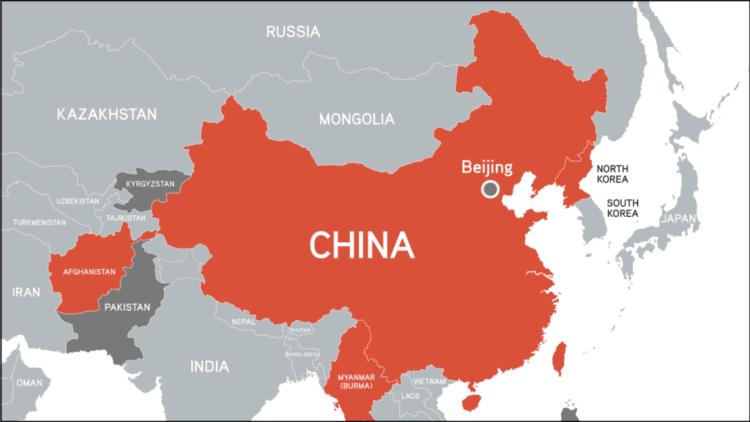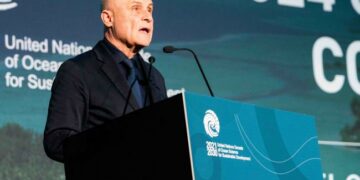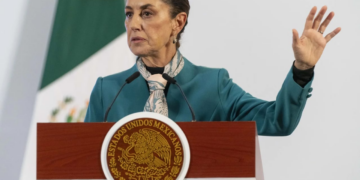The heads of state and government of the Group of 77 developing countries and China (G-77+China) have called for the urgent comprehensive reform of the international financial architecture and a more inclusive and coordinated approach to global financial governance.
They said demanded greater emphasis on cooperation among countries through increasing the representation of developing countries in global decision and policy-making bodies which will contribute to enhance their capacities to access and develop science, technology and innovation.
Their demands are contained in a draft communique’ named “Havana Declaration on Current Development Challenges: The Role of Science, Technology and Innovation” issued at the end of the Group’s Summit held in Havan, Cuba’s capital recently.
The G-77+China Heads of State and Government reiterated their firm belief that all states and stakeholders should devote themselves collectively to the pursuit of global development and “win-win” cooperation for scientific and technological development to bring huge gains to all countries and the world.
The Group’s leaders also rejected the imposition of laws and regulations with extraterritorial impact and all other forms of coercive economic measures, including unilateral sanctions against developing countries, and reiterated the urgent need to eliminate them immediately.
“We emphasise that such actions not only undermine the principles enshrined in the Charter of the United Nations and international law, but also severely impede the advancement of science, technology and innovation and the full achievement of economic and social development, particularly in developing countries.
“Furthermore, we emphasize that unilateral coercive measures have negative and devastating impacts on the realization of human rights including the right to development and the right to food. Those measures also hinder the access of the affected countries to health-care, humanitarian assistance and equipment, and nationally owned assets.
“We reject technological monopolies and other unfair practices that hinder the technological development of developing countries. States which have monopoly and dominance in the Information and Communication Technologies environment, including Internet, should not use Information and Communication Technologies advances as tools for containment and suppression of the legitimate economic and technological development of other States.
“We call upon the international community to foster an open, fair, inclusive and non-discriminatory environment for scientific and technological development.
“We note with concern that at the half-way point of the 2030 Agenda for Sustainable Development, the world, particularly the developing countries, are still far off track to achieve the Sustainable Development Goals.
“We stress the important role of science, technology and innovation as pillars, enablers and catalysts to support sustained, inclusive and sustainable growth, accelerating the full implementation of the 2030 Agenda,” the declaration reads in parts.











